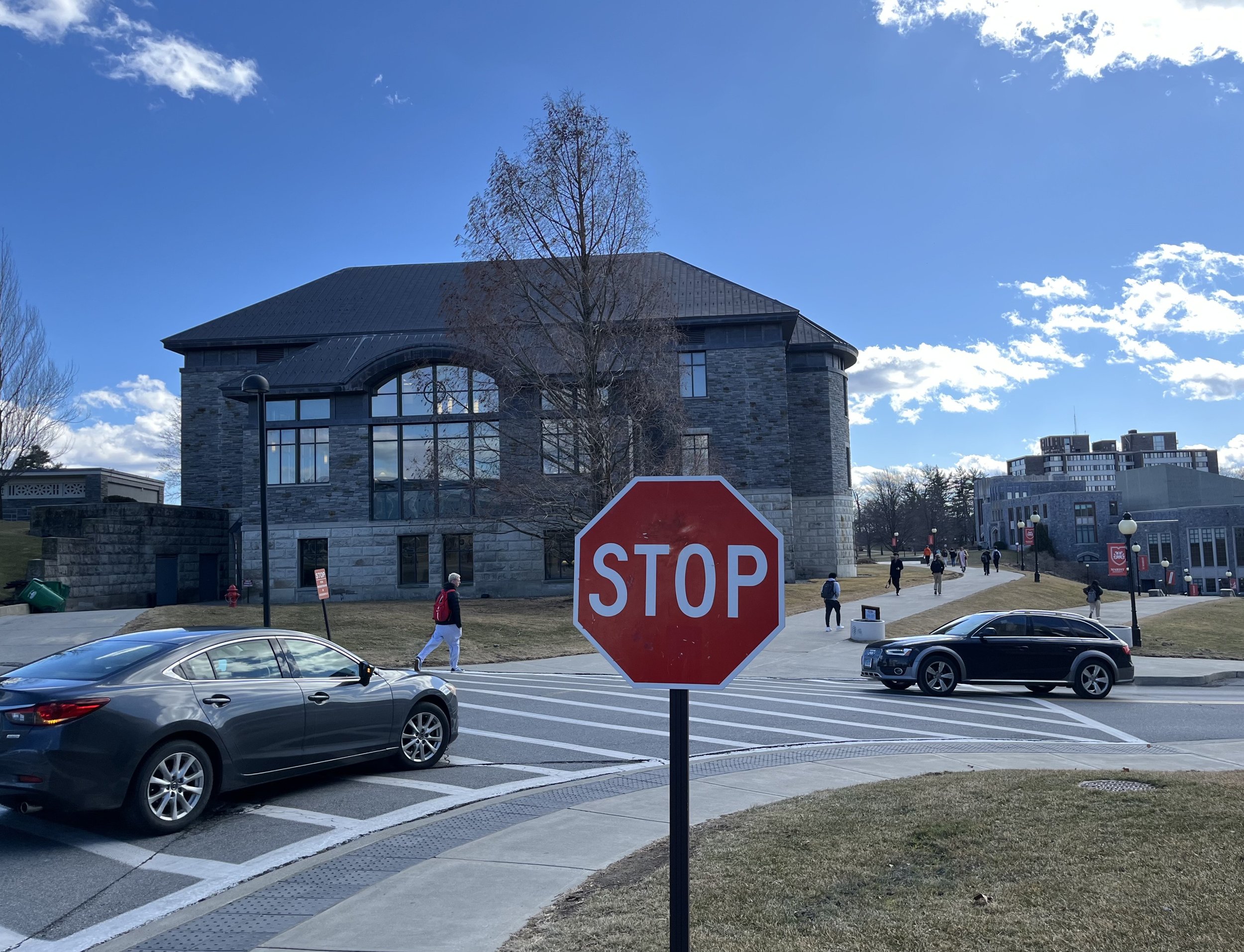Marist Joins ATI
By Caroline Chan
Marist College has recently joined the American Talent Initiative (ATI). According to President David Yellen via email, ATI is “a consortium of top colleges and universities committed to expanding opportunity and access to higher education.”
This movement was founded by 30 of the leading colleges in the nation – including four Ivy League schools (Dartmouth, Harvard, Princeton and Yale). On the official website, ATI is defined as a “Bloomberg Philanthropies-supported collaboration between the Aspen Institute’s College Excellence Program, Ithaka S+R, and a growing alliance of colleges and universities dedicated to substantially expanding opportunity and access for low- and moderate-income students.”
ATI realizes that the nation can also benefit from helping low and moderate income students graduate from top institutions and increasing their chances for long-term success. According to ATI’s website, “[o]ur nation and our economy benefit from cultivating and supporting talented young people from every zip code and income level. Growing disparities in household income make equal opportunity for all talented Americans one of our nation’s most important goals, and ATI seeks to be part of the solution.”
https://americantalentinitiative.org
While there is no formal application process to become one of the colleges included in ATI, Yellen took actions to express Marist’s interest in the collaboration. “I reached out to the president of Princeton and expressed our interest and they took that right up. We discussed it and they invited us to be part of the next group that joined,” Yellen said.
However, the conversation between presidents wasn’t the only reason that Marist was invited to join. “[The board of ATI] had a list of the…300 colleges in the country who they considered to be eligible and…we were on that list already,” Yellen added. “It was just a matter of discussion about the parameters of the goals and our commitment to the shared goals.”
“We’re really honored to be selected and participate,” said Greg Cannon, chief public affairs officer at Marist. “[ATI] aligns well with the Marist approach, which is increasing accessibility but also supporting students once they’re here and making sure that they graduate in a reasonable amount of time.”
ATI’s overarching goal is to “expand access and opportunity for talented low- and moderate-income students,” according to the website. The website further specifies that ATI hopes to attract, enroll, and graduate an additional 50,000 lower-income students at the 270 colleges and universities that consistently graduate at least 70 percent of their students in six years by 2025.
“It’s one thing to help get students into college,” Cannon said. “[It’s a] greater challenge to help them get through it and make sure that they get a degree.”
Marist will have to work on the financial aspect of helping enroll low-income students. “The big challenge, frankly, in significantly increasing the numbers of low-income students here, is on the financial aid side,” said Yellen. “[We’ll have to] devote more of our regular resources to need-based financial aid…We’ll also make it a real priority in fundraising, as we launch a new strategic plan.”
Yellen pointed out that the board and staff of ATI know that some schools are in a better position, financially, to help lower-income students. Those such schools can afford to offer full scholarships to students who need them.
On the other hand, some schools don’t have the large endowments and other financial resources, so it’s harder for them to help low-income students out. “[ATI is] taking a very flexible approach looking for people who are committed to the overall goal and we’ll strategize together how to reach it,” Yellen said.
Cannon agreed, noting “that a school like Marist, which, we don’t have the financial resources that Harvard or Yale of Stanford has, but we do have the success in graduating large amounts of students in a small amount of time.”
There are three primary areas of goals that ATI would like to achieve.
The first area of focus is to create “[a] sustained national campaign to raise public and private sector awareness about the incredible talent in low-income communities and create momentum among higher education leaders to act on improving access and success for lower-income students,” according to ATI’s website. This goal is currently underway as schools such as Marist who weren’t part of the original thirty have started to hear about and join ATI,
https://americantalentinitiative.org
Additionally, ATI isn’t meant to temporarily adjust the system – it’s meant to be a catalyst for a long term, beneficial change. Another major activity is “setting aspirational, measurable goals…and sustaining that increase thereafter,” according to the ATI website.
Yellen agreed, confirming that “the goal is for this initiative to be sustained, long beyond 2025 – it’s more about changing all of our collective cultures to commit more resources to low-income students over the long haul.”
ATI’s third area involves “research and knowledge-dissemination…to identify and promote replication of effective practices and elevate ATI member efforts.” This goal focuses on sharing what ATI schools have done to help low-income students get a great education, so that other institutions of higher education can be inspired and this initiative can continue to spread.
Marist has already taken steps to increase diversity on campus. “Marist has been on a positive trajectory for the last decade, in terms of diversity, broadly, including socioeconomic diversity,” Yellen said. “So we know what it takes to be a more diverse campus and that involves active recruiting efforts…We’re going to do things we do very well, but we’re going to increase the numbers and we’ll need to ramp up that support.”
Needless to say, broadening access to higher education to low and moderate income students will help those students. “We want to make a contribution to the social good of the country,” Yellen continued. “To achieve the American dream – to see your children do better than you did…requires access to really high-quality higher education.”
Cannon added (and acknowledged that this reflected Yellen’s email), “There’s this pool of untapped talent out there and it’s a shame to let it go to waste. You have very bright students who are either not going to college or are going to an institution that is just not well aligned with their potential. That’s a waste for them and it’s a waste for the nation.”
As the president of the college, Yellen is also looking out for Marist’s best interests and any opportunities to better the school. “To the extent ATI becomes known nationally, to be an early member of this extremely prestigious group of colleges and universities, would only be good for our reputation.”
More broadly speaking, Yellen also indicated the benefits that diversity has in an educational environment and sense. “America’s demographics are changing and you’re not going to be doing a good job of educating your students unless they’re exposed to a broad range of people reflecting incredible diversity in the U.S.,” Yellen said. “I think it’s a great enhancement to the learning environment, to have as diverse a student body so people get to know and learn from people from different backgrounds…We just think it’s morally and socially right to be a diverse campus.”











